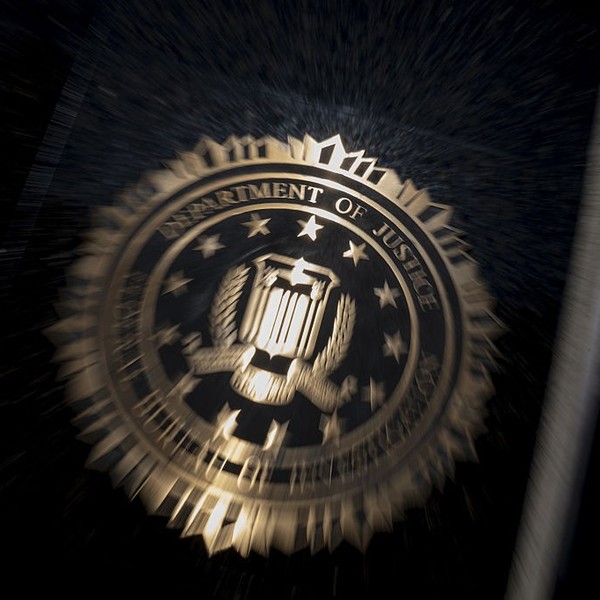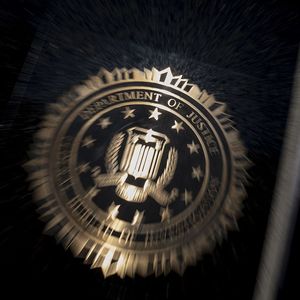Brigham Bechtel is a former CIA Chief of Station. He now works for Coverent and serves at Navigators Global as a Senior Strategist -Security, Defense, & Space. He is also the founder of Pelorus Consulting, LLC.
OPINION — America’s promise of equal justice before the law for its citizens always had a positive impact on its national security interests, but now our domestic failings are hurting our global ability to protect the nation. The events surrounding George Floyd’s arrest and killing are so devastating they are displacing news surrounding a pandemic which continues to claim thousands. Images of American police officers and uniformed military in clashes with our citizens—in scores of cases as they peacefully demonstrated—are framed with ugly images of looting and violence by some who take advantage of our shared pain. Our national skeleton is out of its closet once again and on full display for the world—and the world is watching.
Our allies understand America is undergoing a trial, but until recently, the failings of this administration did not signal a diminished America. The shifting priorities of what the President defines as our interests cost the American people the service of one of its most decorated and respected Secretaries of Defense. In the last week, Secretary Powell and Secretary Mattis both described the President as less than capable and unfit for his office. Our longstanding allies find themselves in difficult positions as a chorus of respected civilian and military leaders speak out. NATO and our allies in the Pacific wrestle with the comments and commitments of this administration. The documented police assaults on German, Australian, and other journalists reinforce doubts about America’s commitment to the western canon of liberal democracies. Our failings weaken our support for those seeking liberty around the world in places like Hong Kong.
The scenes from our streets and the bitter divisions so evident in our politics give aid and comfort to our adversaries and more importantly new surface areas to attack through misinformation and cyber operations. We know from a variety of reports that Russia, China, and others are using the unrest in America to irritate racial and political wounds and erode our confidence, economy, and resilience. Every misstep, misdeed, and malignant utterance is fodder for these campaigns. Phony accounts campaign on social media platforms to amplify extreme themes and diminish trust in our neighbors. We are vulnerable to doubt and division. Our infrastructure is also vulnerable to the same penetration that undermines our spirit and unity and for the same reasons.
Our failure to provide justice for our citizens wounds our promise to the women and men who serve our nation in the military, as diplomats, and in the intelligence community; it diminishes our ability to recruit the quality officers we need. Those of us privileged to lead these patriots know the responsibility we bear to care for our officers’ welfare, and a responsibility to our countrymen that we will take full advantage of our officers’ devotion, skills, and energy to secure the nation. Honor and Duty bind us as a nation to ensure we care for their loved ones at home. How can a young African-American diplomat from Minneapolis who must speak on America’s behalf explain to foreign policemen and women in our training programs that they should live up to ideals that we apparently do not? How can our diplomat focus on what is best in American practices if their own family fears seeing a police car on the street? The faith of our young men and women in our nation is shaken when officials—active and retired—are discovered making inflammatory and hateful remarks—let’s dispense with the euphemism of “insensitive”—in secret. Why should these young people volunteer for the hardships of service if their position as a citizen at home is constantly in doubt? How do our recruiters answer that question? When we cannot attract them to careers of service our national security is put in jeopardy. For ‘right’ to matter in the struggle for democracy and human rights over there, then ‘right’ must first matter here.
Read more expert-driven national security insights, perspectives and analysis in The Cipher Brief
















